
Read or listen offline
Amazon KindleRecommendation
Best-selling author and Nobel Prize-winning economist Paul Krugman minces no words when he describes the US economy: He says it’s in a depression. The lackluster, sideways, jobless recovery since the 2008 financial crisis has left some 24 million people unemployed or underemployed. Krugman believes the country could have avoided this calamity and can still resolve it, but only if politicians and central bankers take decisive, bold steps. The way forward isn’t a mystery, he asserts, arguing that past experience and new information point to government spending that stimulates demand as the only way to get people working and consuming again. His review tackles the human and social costs of unemployment, deficits and debt. Krugman explains why the longer these ills remain untreated, the greater the long-lasting damage to American prospects. While always politically neutral, getAbstract suggests this considered, research-based prescription for curing the US economy to policy makers and policy watchers.
Summary
About the Author
Paul Krugman, an economics professor at Princeton University, won the Nobel Memorial Prize in Economic Science in 2008.





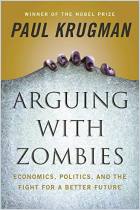
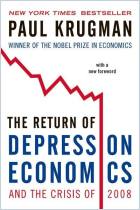

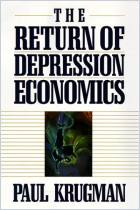
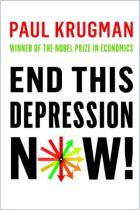
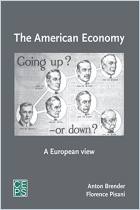
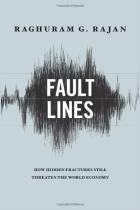
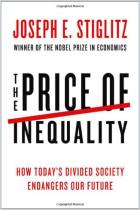
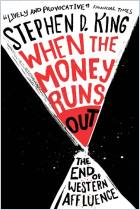
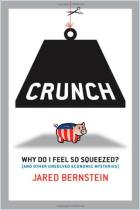


Comment on this summary